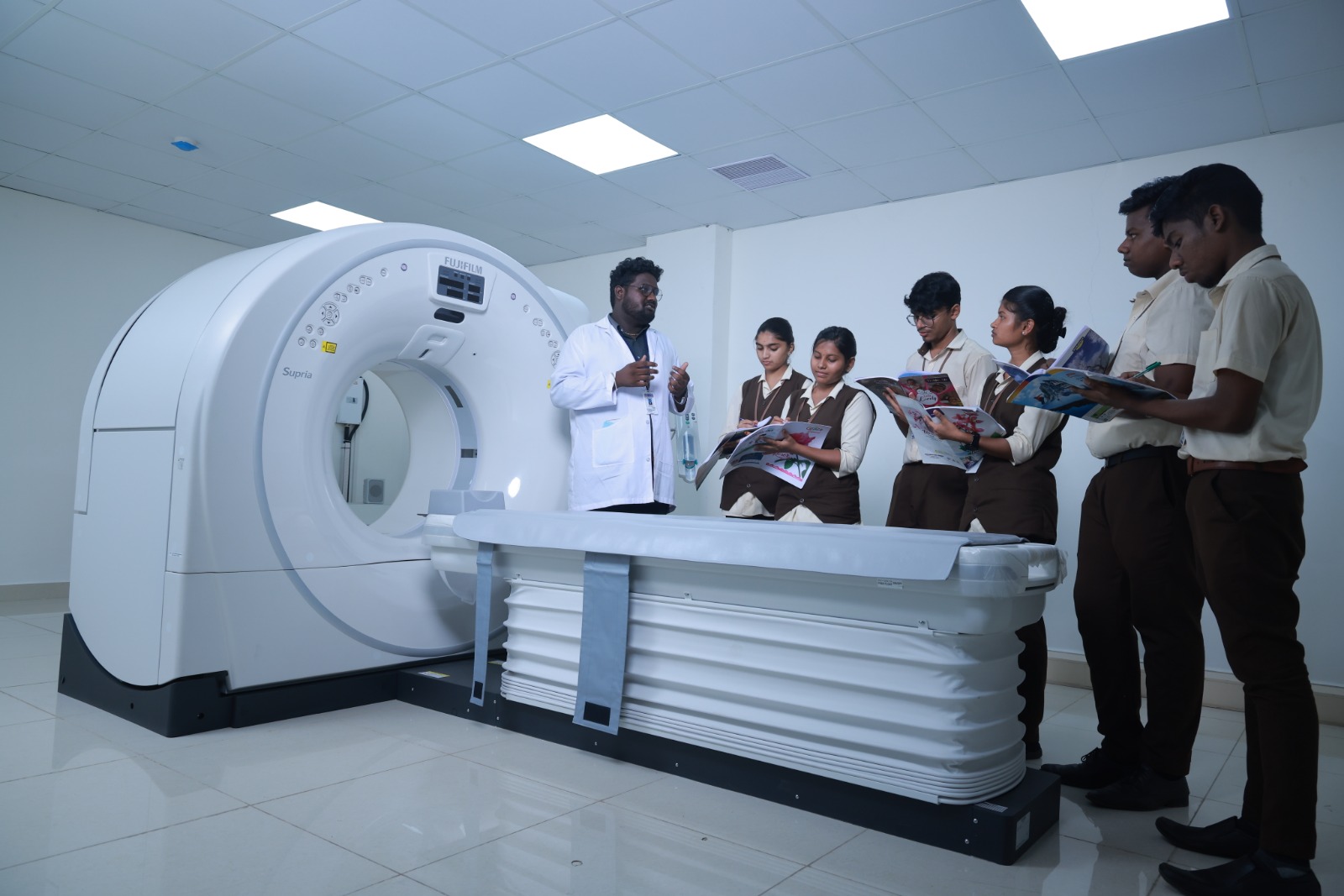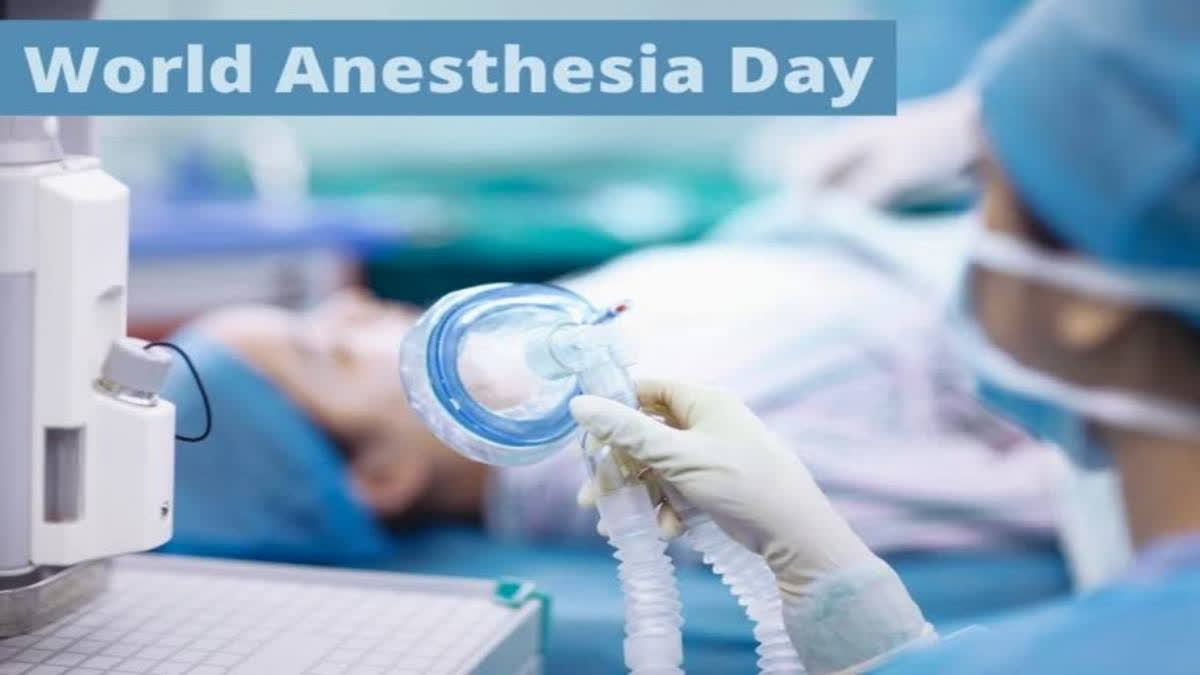ABOUT THE COURSE
They train to work in settings such as hospitals, clinics and other types of health facilities, or in academic administration, and exercise autonomy in medical decision making. PAs practice primary care or medical specialties, including emergency medicine, surgery, cardiology, etc.
A period of extensive clinical training precedes obtaining a license to practice as a physician assistant, and similar to physician training but shorter in duration, includes all systems of the human body.
Physician assistants or physician associates (PAs) may:
· conduct physical exams , order and interpret tests , diagnose illnesses
· develop treatment plans , coordinate care perform procedures
· prescribe medications , conduct clinical research , advise on preventive health care
· first assist in surgery
syllabus
Year |
Examination |
First |
1. Anatomy , Physiology, Biochemistry |
Second |
1. Medicine & pharmacology 2. surgery/ equipment's / anesthesiology, pediatrics & geriatrics, 3. clinical microbiology, obstetrics & gynaecology |
third |
1. Cardiology & cardiac surgery , neurology, 2. Nephrology / pulmonology, 3. gastroenterology/orthopedics |





















